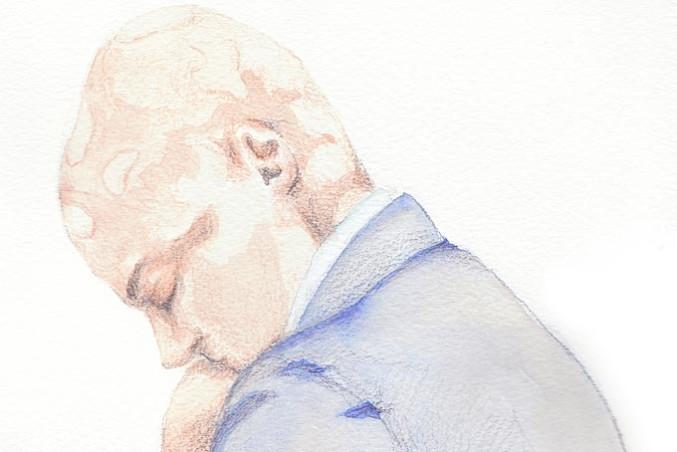By Dylan Freeman-Grist
As the trial of Farshad Badakhshan continued on March 7, the defence attempted to discredit the dying words of Ryerson student Carina Petrache.
Badakhshan stands accused of murdering Petrache, his then girlfriend, in 2010. While admitting to having killed Petrache, the 31-year-old is pleading that he is not criminally responsible for her death on the grounds that he suffers from a delusional disorder.
In her opening speech on March 4, defence attorney Victoria Rivers attacked the prosecution’s use of testimony provided by Peter Tran, a man who says he was by Petrache’s side as she was dying from stab wounds, a lacerated throat and burns to almost 100 per cent of her body.
Tran testified that in Petrache’s final moments she had told him that “he wouldn’t stop hitting me,” which the crown argued was in reference to Badakhshan and therefore indicated his guilt.
To discredit Tran’s testimony the defence had Dr. David Nussbaum, a forensic psychiatrist, testify that trauma, such as that of which Petrache was undergoing, often impairs one’s ability to recollect facts correctly.
“My opinion is it can have an effect on cognitive processes,” Nussbaum testified. “Pain certainly acts as a distractor.”
He noted that cognitive abilities range in complexity and that in light of traumatic instances more complex orders of brain function are the first to be lost by the victim.
The prosecution suggested the fact that every patient is different, and that Nussbaum had no way of assessing the brain activity of Petrache specifically.
“I certainly don’t have a time-line, no one does, on how rapidly blood was being drained from the brain,” Nussbaum testified.
The trial will resume Monday, March 10.












Leave a Reply